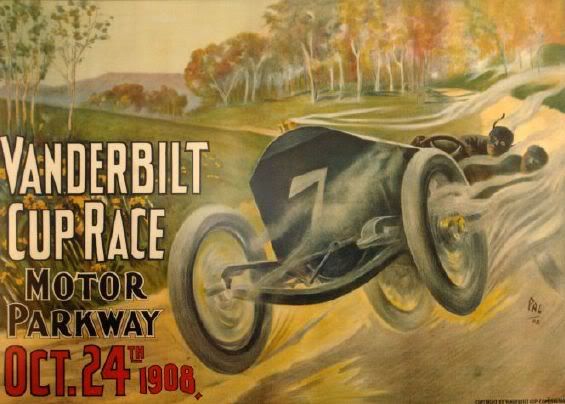
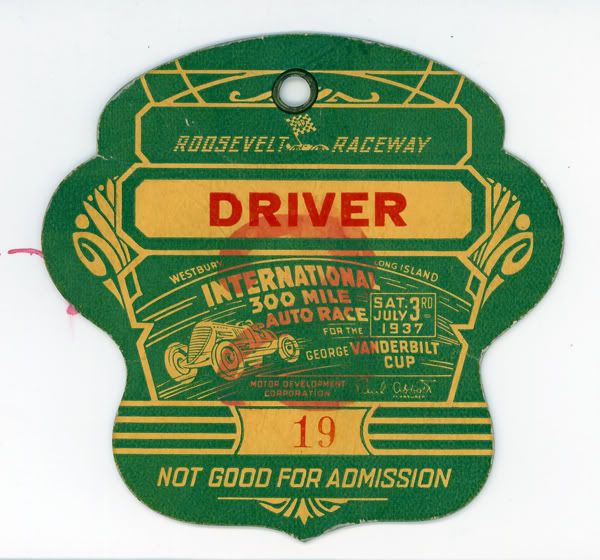
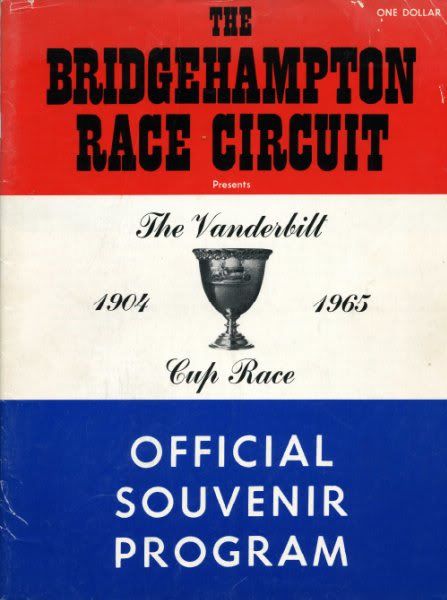
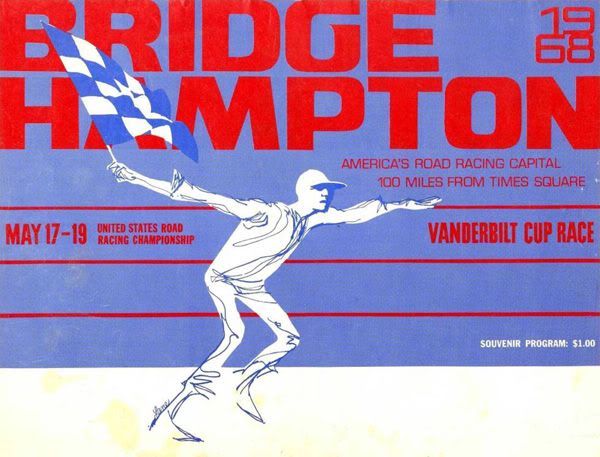
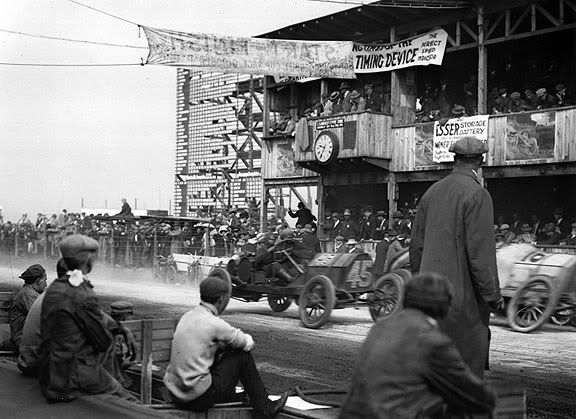
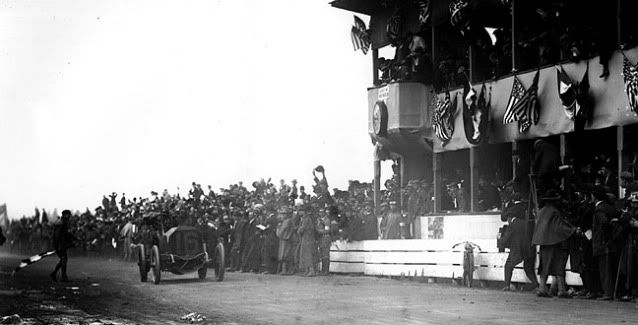
At the turn of the 20th century the superiority of European automotive craftsmanship cast a long shadow over America’s fledgling car industry. To encourage American automobile manufacturers to challenge European quality, 26-year old William K. Vanderbilt Jr., heir to a railroad fortune and a pioneer race car driver, organized America’s first international road race, modeled after those held in Europe. The six Vanderbilt Cup Races held on Long Island from 1904 to 1910 were the greatest sporting events of their day. These colorful, exciting, and dangerous races drew huge crowds from 25,000 to over 250,000 spectators. Eleven other races were associated with these six Vanderbilt Cup Races including two American Elimination Trials (held in 1905 and 1906) and nine Sweepstake races (held from 1908 to 1910.)
William K. Vanderbilt Jr. (1878-1944) was the great-grandson of Commodore Cornelius Vanderbilt, who built a transportation empire in shipping and railroads. Known to his friends as Willie K, he was the second child and first son of William K. Vanderbilt (1849-1920) and Alva Erskine Smith (1849-1933). He was a railroad executive, an accomplished yachtsman, and a pioneer auto racing driver. At the age of only 26, William K. Vanderbilt Jr. proposed the first international road race to be held in the United States by donating the Vanderbilt Cup
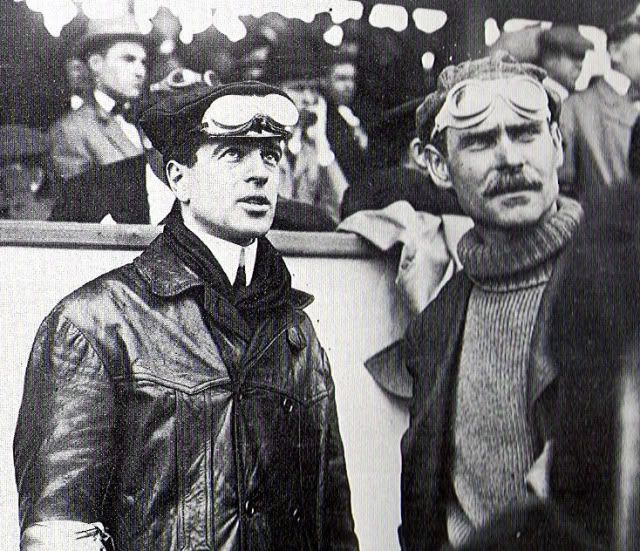
No comments:
Post a Comment